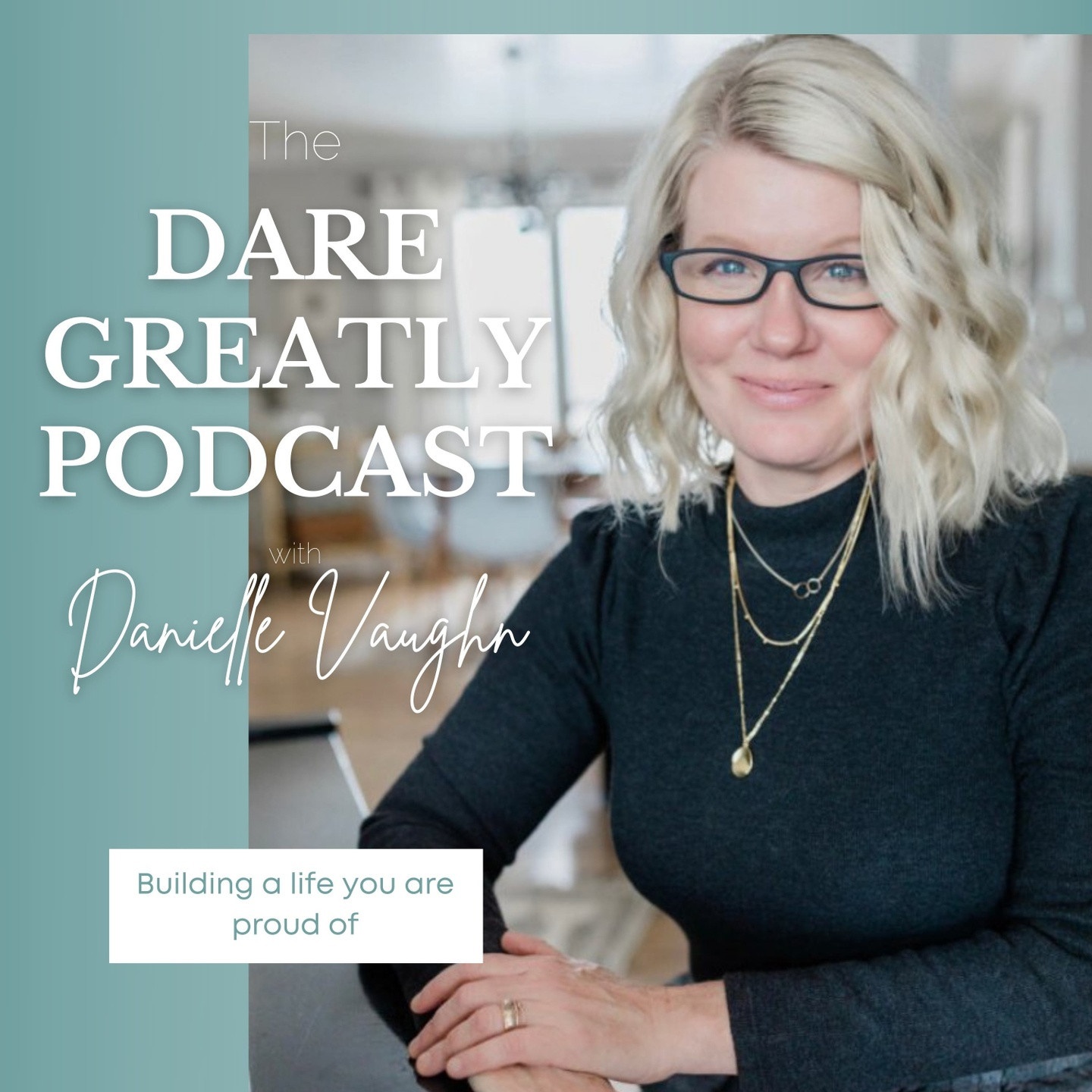How One Mom Shifted Parenting Her Teenage Daughter

The following is shared with full permission by a very brave mom who I recently coached.
She shared with me how afraid she was of her daughter and the distance they were experiencing in their relationship. She had a completely different vision of how she thought their relationship should be versus the direction it was heading.
She believed her daughter was difficult.
A belief is a thought you keep on thinking.
It's a thought you keep thinking over and over, until it becomes second-nature.
Most of us aren't aware of our beliefs about other people, other than the general feeling that they're lacking in some way or that they are responsible for making us happy.
Our beliefs will determine how we feel about our life. And they will show up in all of our relationships.
This mom wanted support with her belief in being a good mom. She was brave and courageous as she admitted that being a good mom meant "always knowing what to say" when her daughter would "freak out."
She held the belief, though not conscious of it yet, that she should always know the right thing to say when her teenage daughter asked her difficult questions. I explained that this was a little like being like God, all-knowing and perfect in her role as a mother. When I asked her if she was aware that she was being unrealistic with herself in believing she should always know what to say, she pushed back a little and said, "well I'm her mom! I should just know what to say! But I don't and I get so mad at myself because I feel dumb."
Parenting teens is not for the faint of heart. Their brains are wired to ask questions, push boundaries, and figure out why the world is the way it is. When they ask questions that we don't know the answers to, it can feel frightening, like we're being attacked.
When I explained to my client that it's normal for teens to keep asking questions, she disagreed and said that if she let the questions keep coming and didn't shut them down, her teen would eat her for lunch. I challenged this assumption and said, "really? She's capable of such violence?" My client laughed and admitted No, but had a whole story about why she believed her teen would eat her for lunch.
Stories about ourselves and about other people are interesting to me as a coach, because they are most always filled with lots of drama. When we can see the drama for what it is, we start to see other people for who they really are, without the drama. And in this instance, this is really what the teen wanted from her mom, to be seen for who she was, an intelligent person with valid questions.
We worked on finding a belief that could help her invite more grace into her parenting and less unrealistic expectations of herself along with less story drama about who she believed her daughter to be.
We settled on, "I am enough. And my daughter is perfect just the way she is, doing exactly what teenagers are supposed to do."
Simply stated, this little but mighty sentence created a subtle shift for her. She began to see that is was normal for her daughter to ask questions, to want to understand her mom, and that it didn't mean anything bad about her parenting, other than the story the mom was making the daughter's questions mean.
"I am enough. And my daughter is perfect just the way she is, doing exactly what teenagers are supposed to do."
This Thought serves the mom much better than "my daughter is challenging me and she's going to eat me for lunch."
Do you see the shift in the dynamic?
We don't always see our thinking in the moment when emotions are charged. We don't always see how we're showing up in our relationships in ways that aren't serving us.
We want to become observers of our own brains and dig deeper into what we are really thinking and believing about ourselves and other people. We are the only species on the planet who possess this ability, to think about our thoughts. Psychologists call it metacognition. I just call it 'watcher of your thoughts.'
If there's a repeating pattern of breakdown in a relationship that you wish you could change, it might be really helpful to ask yourself the following questions:
- What do I believe about this person? (Free write and look at the sentences on paper from a place of curiosity.)
- Do I want to believe this on purpose?
- Am I believing this on default? (Cross out any sentences that are story versus fact - drama sentences).
The most important decision you will ever make is to decide on purpose what you want to believe about other people. Often, clients who ask themselves the above questions about a difficult person, will discover that the other person is just going along, doing what they are doing without malice or ill intent. Once they see this, the story drama falls away and makes room for compassion and healing in the relationship.
I see it again and again in my coaching practice.
And it's a beautiful thing.
I love the teenagers.
And I love their parents.
Believe me, I get it. I have three teens of my own.
It is not easy, seeing each other from a more compassionate perspective.
But it makes all the difference.
Want more help with this? Get coached on it. I've got you covered.





